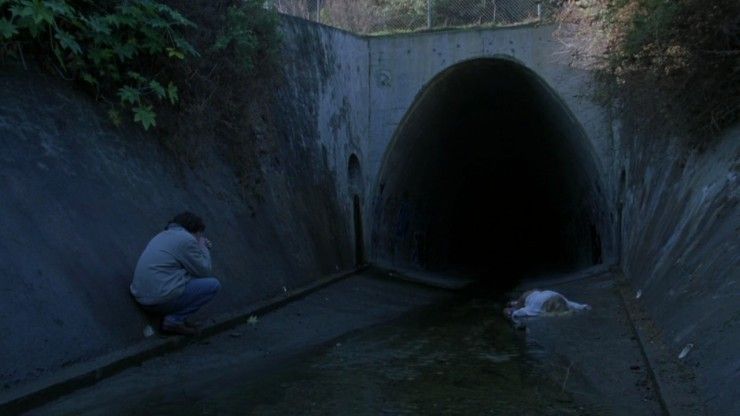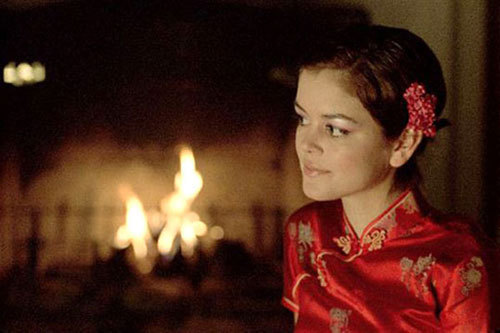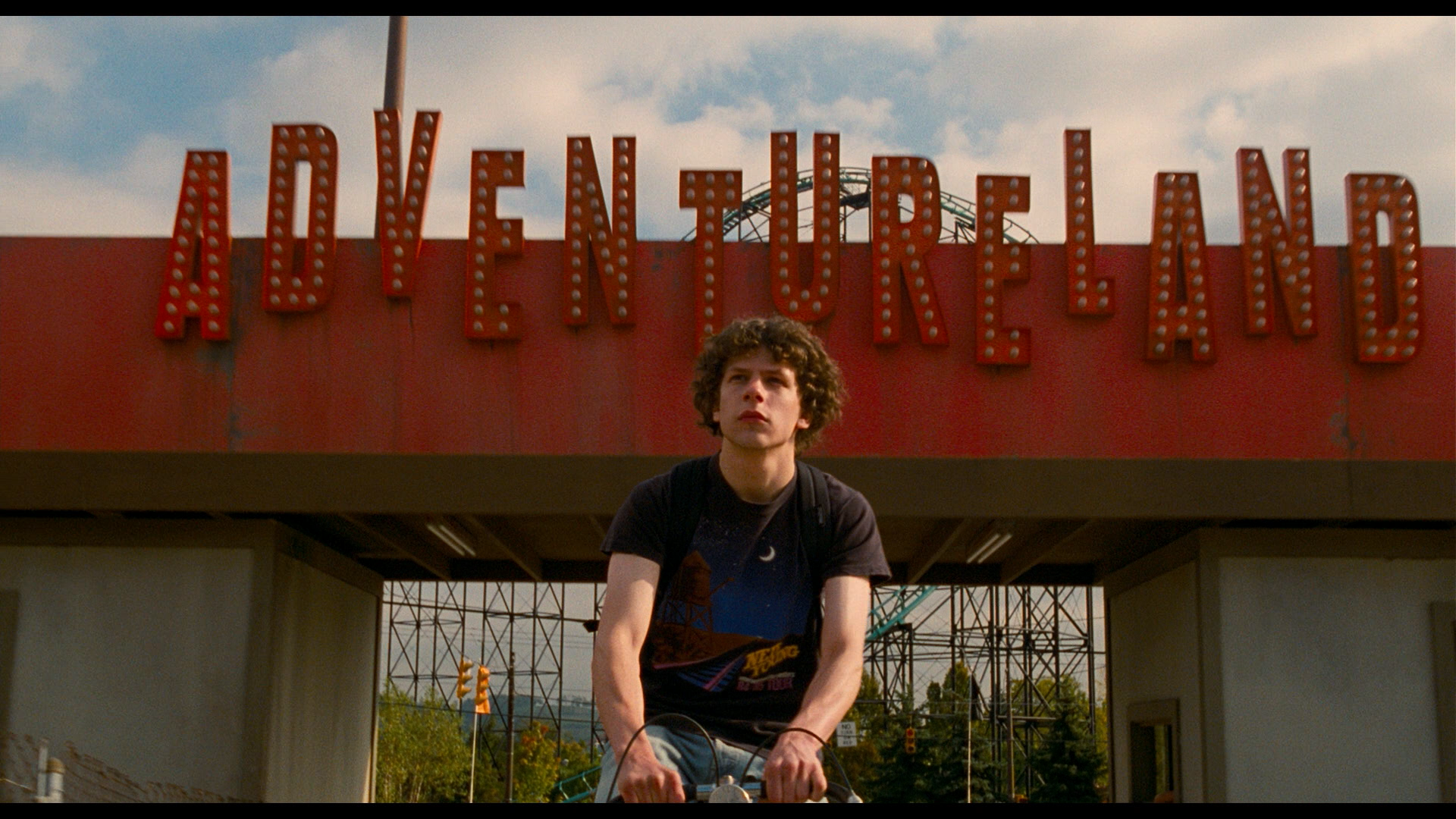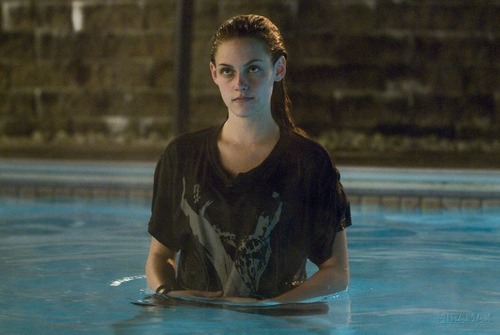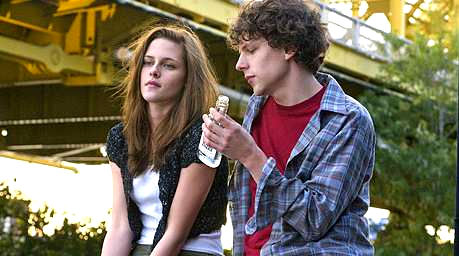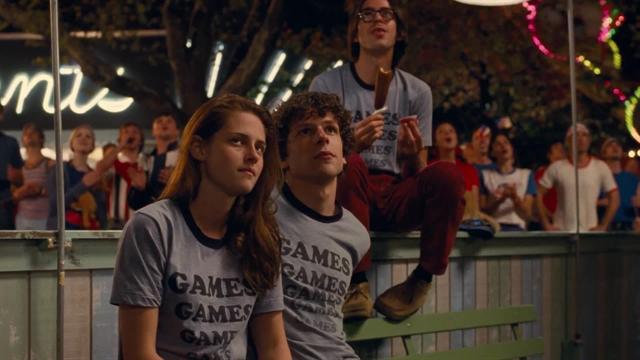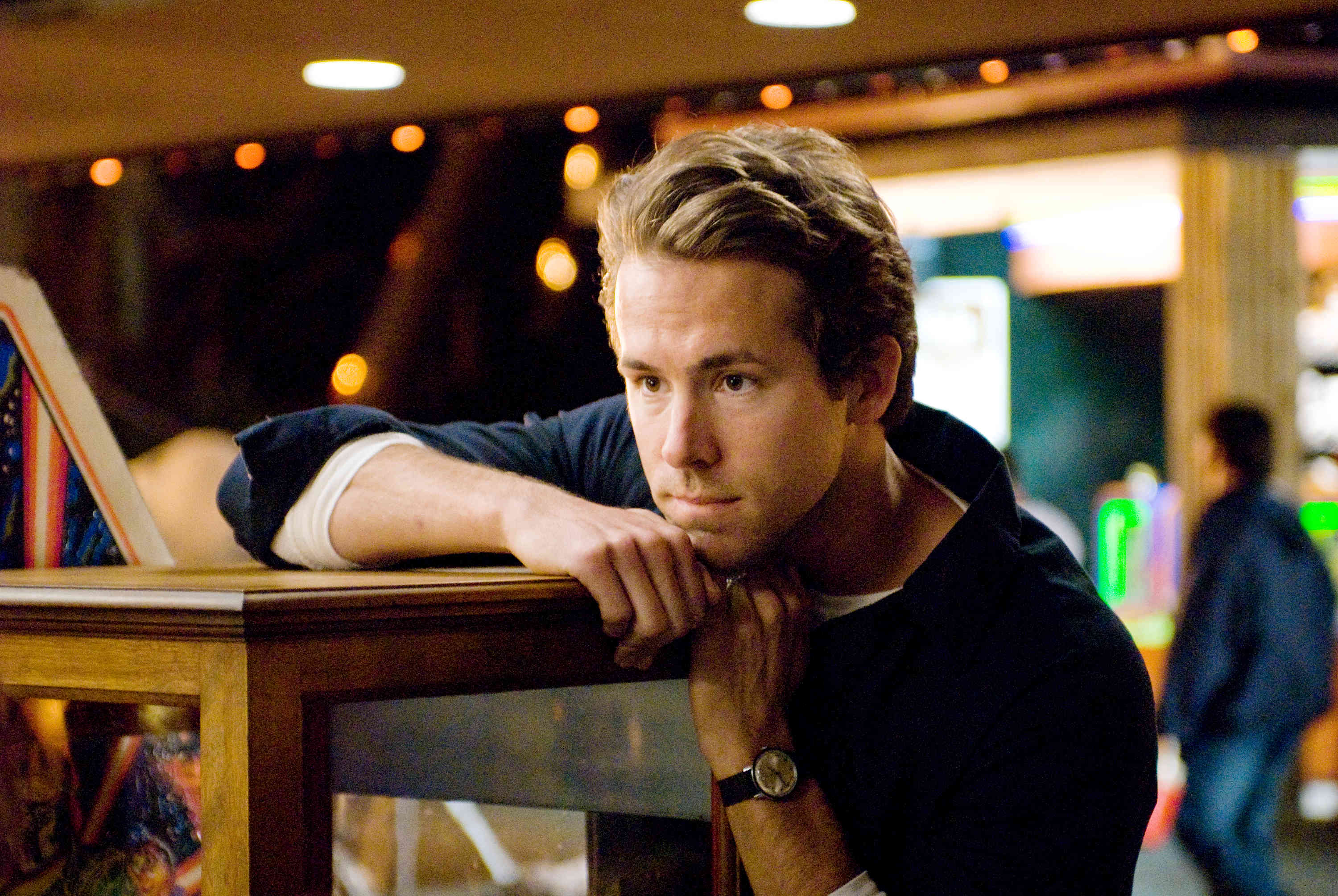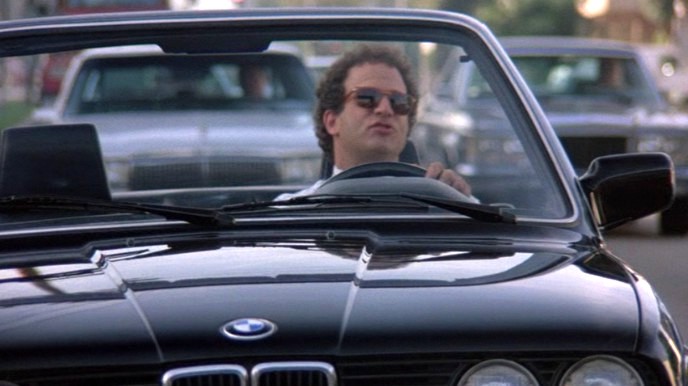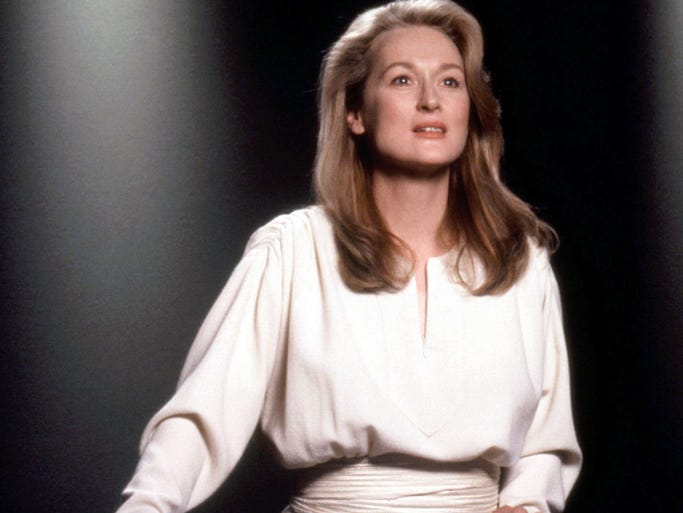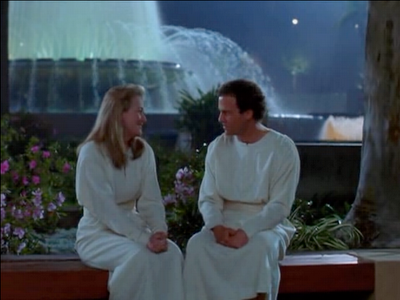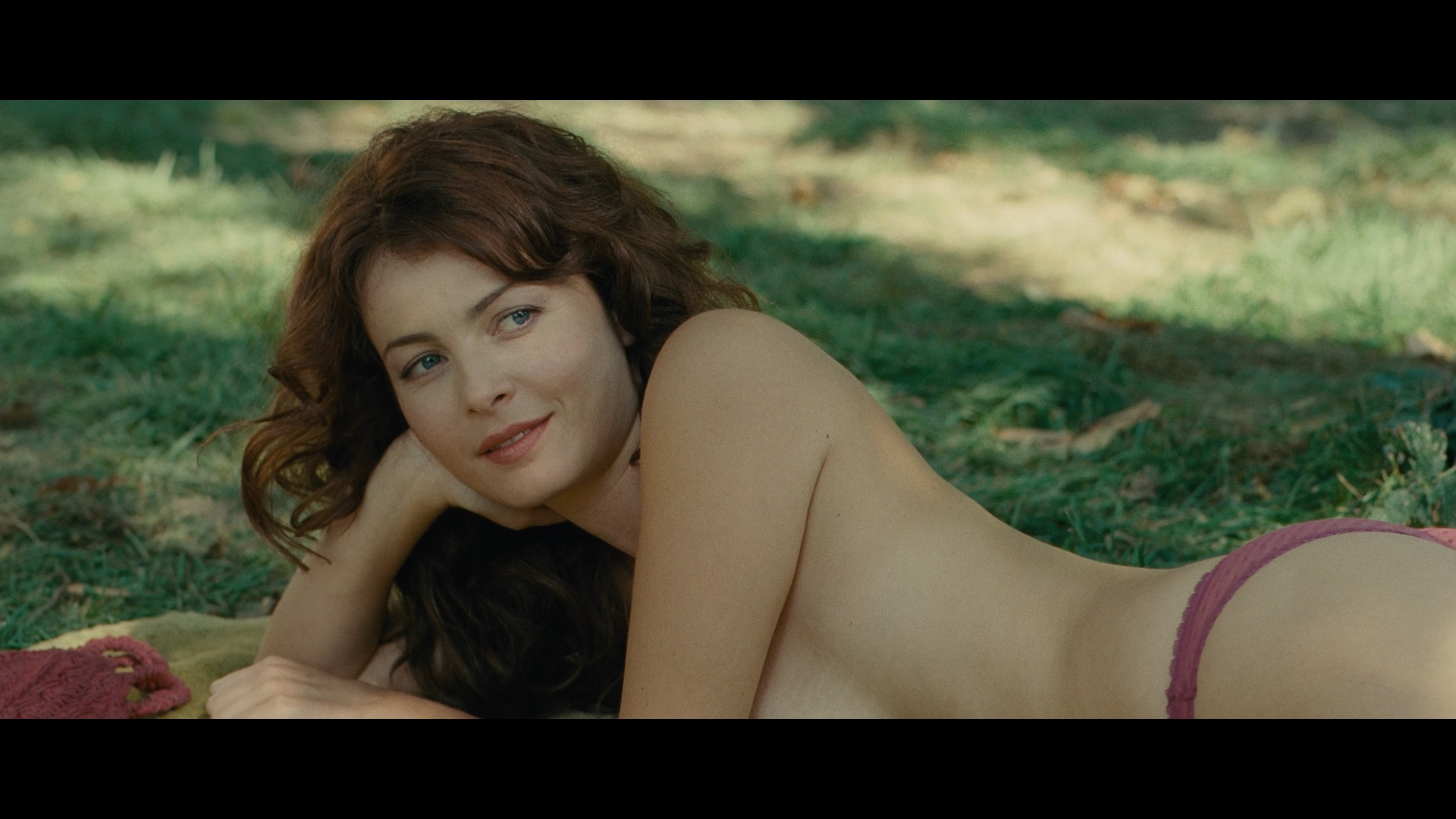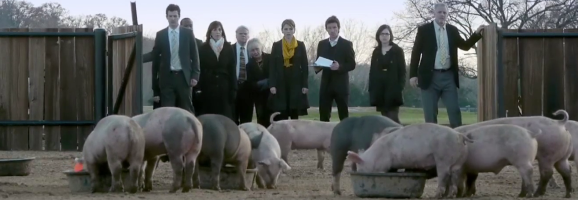

The Getaway is actually a pretty standard, though wonderful, crime drama for the first 3/4 or so of its pages. Doc McCoy and his wife Carol go on the run after a successful but messy bank robbery, while they try and elude the cops as well as Rudy, the bank robbery partner who tried double crossing Doc only for Doc to shoot him (Doc thought Rudy was dead, but he wasn't), who's intent on revenge. Doc is a smooth talking, fast thinking, tough as nails career criminal. Carol is a former librarian who Doc swept off her feet and who took very well to the quick thinking crime life, though she's not as good as she thinks she is and is in over her head more than she realizes. All of this was adapted onto the screen fairly decently, with the expected small changes here and there. But what McQueen fired Thompson over most of all, I think, is the ending of the book.

For some, the ending of The Getaway is what ruins the book, and for others it's what makes it. After reading it, I'm firmly in the latter camp. Once Doc kills Rudy, and he and Carol try crossing the border into Mexico, is when the book turns to the surreal and allegorical. The couple meet with Ma Santis, a criminal matriarch who hides them on her farmland from the authorities before securing them passage into Mexico so that they can go to "the kingdom of El Rey", a kind of off the map resort for retired criminals, ruled over by an imposing man named El Rey. Doc and Carol hide, first for two days inside of coffin sized underwater caves, then for another few days in a small shack disguised as, and built out of, a huge pile of cow manure. They are next put on a Portuguese fishing boat to sail into Mexico (as crossing on land would be too dangerous) before finally making it to and retiring in the kingdom of El Rey. Once in El Rey, they find living is not as easy as they thought it would be. El Rey is a kingdom of murder (but ruled as "suicide" by the local police), back stabbing, and dwindling finances until there's no money left and people are put into a village where no food is allowed and to survive the residents resort to cannibalism. So as to not run out of money, the couples that come there usually end up killing one another to save their precious money and not end up in the cannibalistic village. The book ends as Doc and Carol are trying to plot the other's "accidental" death. They have a drink and bitterly toast to their successful getaway.
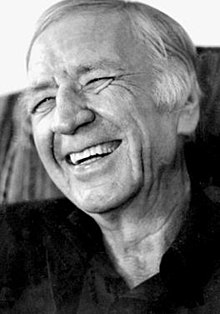
So, one can easily see why the movie adaptations of the book chose to go for the "happy" ending of Doc and Carol making it over the Mexican border, giving us a sense of closure and reassurance that they made their getaway. But this is where the brilliance of the book is lost in the immorality of the movies. Doc and Carol are shown to be truly heinous people, murdering anyone who gets in their way. Rudy is felt to be the bad guy, and we are repulsed by his murders while we are a bit grateful our "heroes" are able to dodge setback after setback through their quick thinking murderous tenacity. We identify with Doc and Carol. When we consume things like this, we want our criminals to be likable and roguish, and not so different from the heroes on the other side of the law, just with bad circumstances. But Thompson's ability to get us to almost forgive these awful people their sins just because they're stylishly done in opposition to Rudy's similar but more crass behavior is simply brilliant writing. I'm a big fan of noir books and movies, and this is the most thought provoking one I've encountered. Just because Doc and Carol are our protagonists does not mean they're our heroes. There are no heroes in Thompson's world. They're not likable anti-heroes either. They're charming, sure, but they're terrible people who should not get a "driving off into the sunset after completing their getaway" happy ending. They don't deserve it, and Thompson doesn't give it to them. He makes them suffer and torturously betray their real love for one another in the name of "survival" in hell. They don't get a happy ending just because they're the main characters of the story. They're cold blooded killers, dropping more than a half dozen people without thinking twice about it.

One could get lost in the symbolism of the last 30-50 pages or so (it's 183 pages in total, so you'll only be out a couple of hours to read the whole thing). Carol struggling to cope with the reality of being in her cave. She's told to take the sleeping pills provided, to help her get through the claustrophobia that creeps in from being in the cave. She initially refuses, this part written in an almost stream-of-consciousness style from Carol's mind as she finally has to face all of her terrible thoughts, and ends up with cuts all over her body from trying to move around in the rocks, suffering in the coffin she put herself in, in every sense of the word. Waiting for days in the shit covered house, symbolizing the decay of their bodies, souls, and ultimately their relationship. Unable to get the horrid taste out of their noses and mouths. Flies and worms digging into the structure and eating at their nerves. The journey by boat, to me obviously representative of crossing the river Styx, on their way to El Rey. El Rey meaning "The King", and being the ruling Satan-like figure of this strange place. And they're put in these places by Ma Santis, "santis" meaning "of the family of saints". So a good person finally put them into their hell, even though it seemed like she was helping.

How often did a dimestore paperback crime novel have so much to talk about in it? I've never read any that had this kinda of surreal turn, which really threw me off initially though I ultimately loved it. It definitely makes me want to read more of Thompson's writing. Makes me wonder how faithful of adaptations The Killer Inside Me and Stephen Frears' The Grifters are to their sources. I am excited to explore more from Thompson now.


